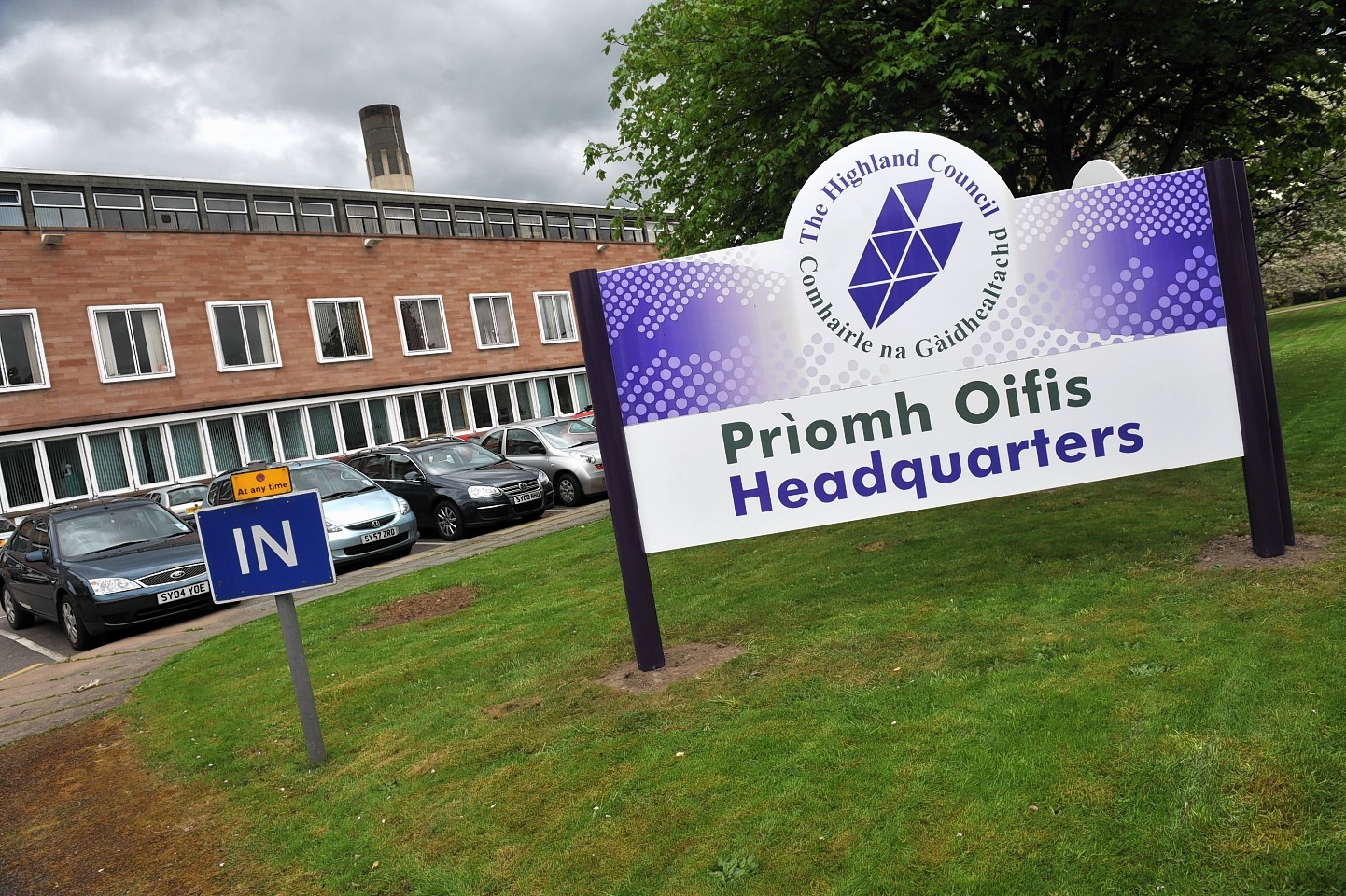Council chiefs have confirmed that Highland school closures and mergers are on the cards as part of desperate steps to bridge a multimillion-pound budget gap.
It has proved increasingly difficult to balance the books because education soaks up the lion’s share of the £570million revenue budget and most of that is “ring-fenced” protected spending.
It leaves Highland with a huge challenge to achieve a three-year savings target of £46.3million and £18million for saving for the current financial year.
There is no indication, so far, as to which schools might be affected. However, reports have circulated in the past week that head teachers at some schools have told staff that mergers are possible.
A cost-cutting idea aired in October was a proposal to establish “cluster schools” involving head teachers being responsible for more than one school, and 50 head teacher jobs being axed in the process.
Highland education director Bill Alexander yesterday (TUES) promised to consult communities, but gave the strongest indication yet that mergers were increasingly likely.
“We’re clear that the current challenges on schools necessitate a review of management and organisational arrangements to ensure the continued delivery of quality learning and teaching,” he said.
“This review will consider the best structures for school management and the organisation of schools around natural communities and the 3-18 curriculum in order to maximise educational benefit.
“As part of this, and given the current pressure on budgets, it is important that we consider the best use of the school estate, and this should include the feasibility of school mergers to achieve educational benefit.”
He added: “The consideration of any potential mergers would include formal consultation with parents and local communities.”
Resources chairman Bill Fernie said last night that it had been clear for some time that head teachers, particularly in secondary schools, spend time “managing buildings” rather than core education.
“If we can put in place better arrangements to cover that and maximise the time on ensuring pupils get the best education, then we must try and achieve that,” he said.
“School mergers may play a part in ensuring we have staff to teach and head teachers in place to make sure the curriculum can be delivered.
“With shortages of head teachers in many areas this has been challenging. We must continue to look at making the best use of our resources and at the same time ensure all our children can be given the education they deserve.”
The EIS teaching union welcomed the caveat that any review would include a reference to “continuing the delivery of quality learning and teaching”.
But its Highland secretary Bob Colman added: “The EIS policy on school management structures supports the principle that every school should have a head teacher.”
Opposition SNP group leader Maxine Smith said: “With the backdrop of austerity, the administration are struggling to find savings.
“If the education department is to consider school mergers, it must do so only where students, parents and communities are accepting of this – and only where this provides educational benefit.”
